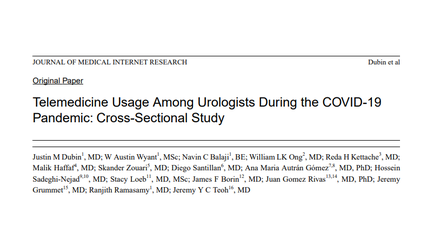Therapeutic strategies in obesity-associated liver cancer

Hepatocellular carcinoma is the most common type of primary liver cancer and there is an increasing prevalence of metabolic risk factors such as obesity and diabetes among affected patients. Findings from the “An inflammatory-CCRK circuitry drives mTORC1-dependent metabolic and immunosuppressive reprogramming in obesity-associated hepatocellular carcinoma” study suggest that cell cycle-related kinase functions as a major signaling hub in obesity-associated hepatocarcinogenesis, providing insights into therapeutic strategies to reduce tumor burden from the worldwide obesity epidemic. The development of cell cycle-related kinase-targeted agents and characterizations of their effects in combination immunotherapy will ultimately lead to more effective treatment for patients with hepatocellular carcinoma (Nat Commun. 2018 Dec 6;9(1):5214. doi: 10.1038/s41467-018-07402-8).
Anyone interested in future collaboration in this field of research is welcome to contact our key investigator, Prof Alfred Cheng of our School of Biomedical Sciences. Prof Cheng’s research interest focuses on the molecular mechanisms underlying male predominance of liver cancer and his findings have been published in major peer-reviewed journals.
Read the full article: https://www.nature.com/articles/s41467-018-07402-8#Sec1
More about research at CU Medicine: https://research.med.cuhk.edu.hk










